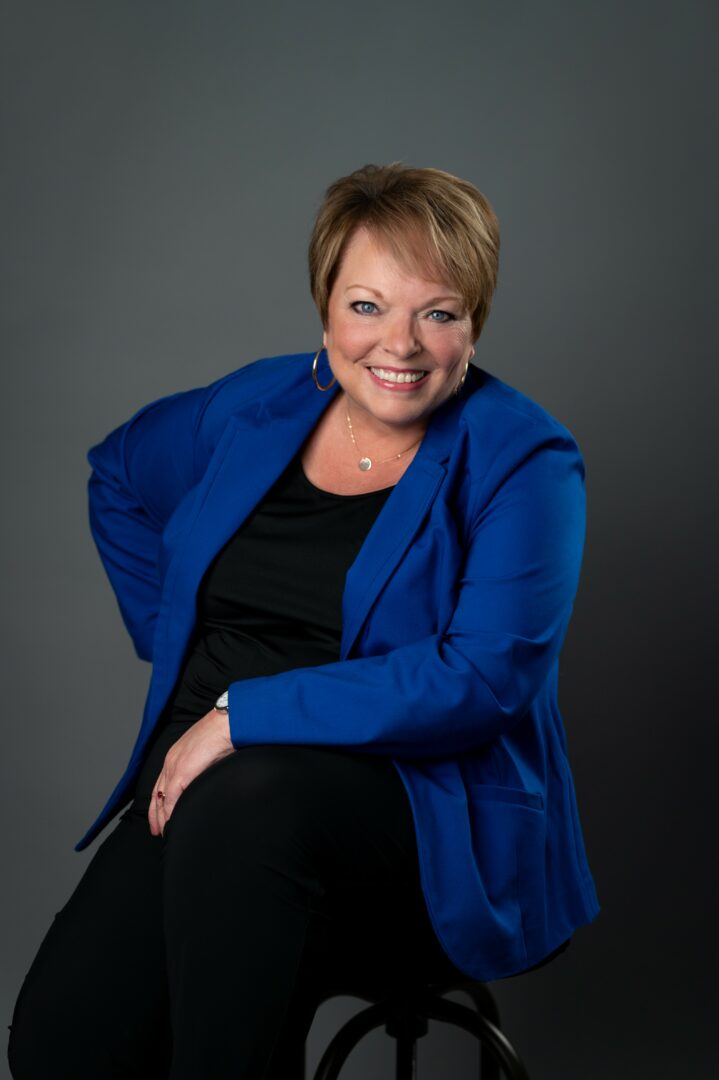We caught up with the brilliant and insightful Cindy Saunders a few weeks ago and have shared our conversation below.
Hi Cindy, thanks for sitting with us today to chat about topics that are relevant to so many. One of those topics is communication skills, because we live in an age where our ability to communicate effectively can be like a superpower. Can you share how you developed your ability to communicate well?
I used to think that effective communication was about speaking clearly, using correct grammar, and being confident. And it is about that, but there are so many aspects of communication, especially when you’re leading people.
Because we all express ourselves differently. We have our own rhythms, habits, and ways of being understood and misunderstood. That’s why it’s so important to understand how you naturally communicate and pay attention to how others take things in. Without that awareness, even the best intentions can get lost in translation.
I learned that the hard way.
The first time my communication habits confronted me was following a big promotion. The new role came with more pressure, more responsibility, and what felt like an endless, challenging list of deliverables. I threw myself into the work because I was determined to prove I could handle it.
But in the process of throwing myself into the work, I unintentionally distanced myself from my team.
I still remember one of my team members pulling me aside and asking … “What’s going on?” I hadn’t realized how distant I’d become or how clearly it was showing. I thought I was setting a good example. But to them, I just wasn’t present. That moment forced me to take a hard look at how I was showing up, and more importantly, how I wasn’t.
I often see this in my coaching practice. Well-intentioned leaders, putting their heads down, working hard, and delivering the tangible outcomes… but not realizing they aren’t communicating with the team. People want to know they matter, even when things are busy.
Over time, I’ve continued to add tools, grow through experience, and adjust how I communicate. The demands change, and so does the approach.
But this belief only grows with time: real communication is rooted in connection. It’s not just about what you say, it’s about how you make people feel seen, valued, and supported in the process.
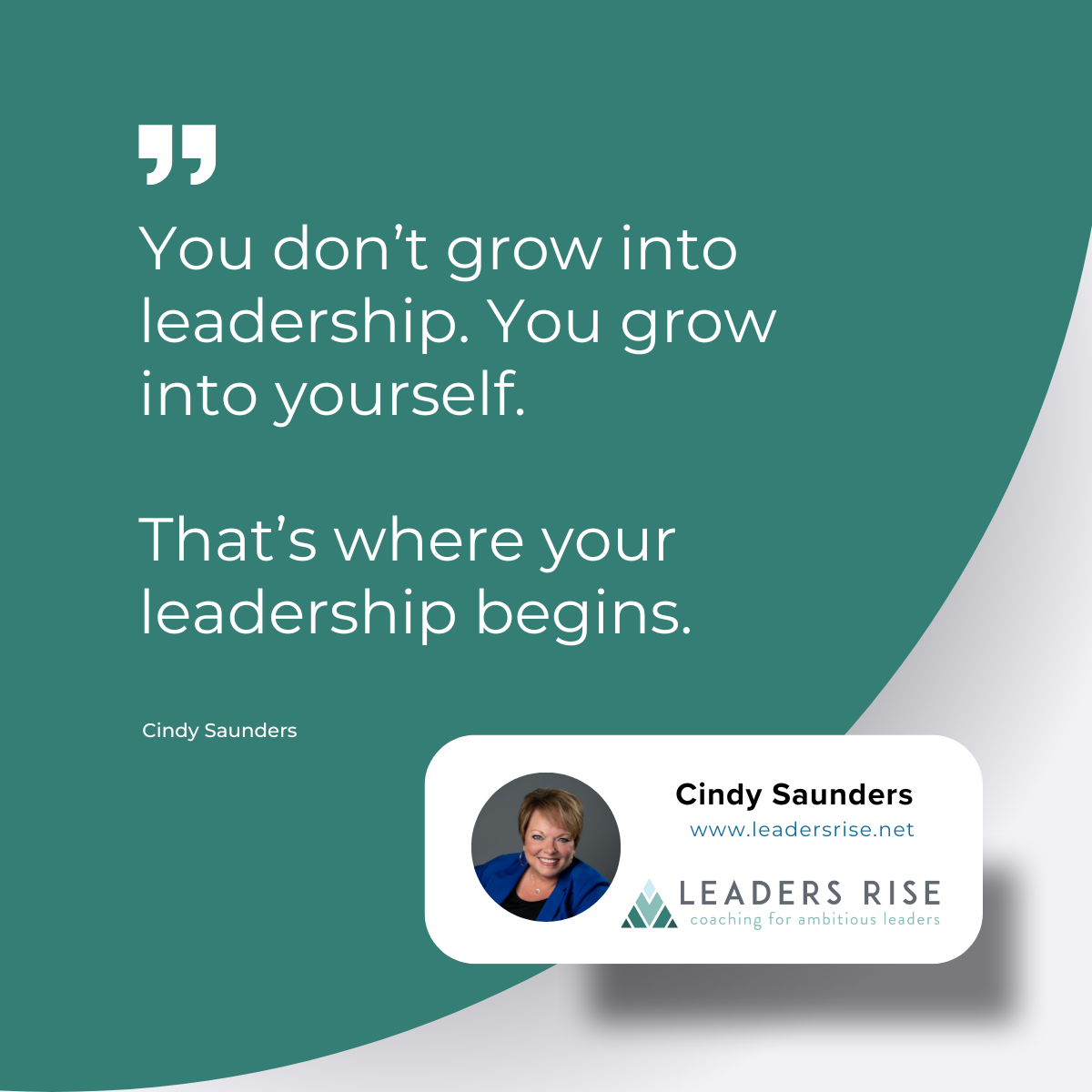
Appreciate the insights and wisdom. Before we dig deeper and ask you about the skills that matter and more, maybe you can tell our readers about yourself?
I’m an executive leadership coach, and at the heart of what I do is this: I help leaders through the pressure, uncertainty, and responsibility that come with big roles without losing themselves in the process.
After years in HR and senior leadership, I know how often people are expected to lead well without being given the space or support to grow into that next level. It’s like you’re promoted for doing the work, and then suddenly expected to figure everything else out on your own. I’ve been there.
Now, I work with senior leaders, usually directors, VPs, and executives, who are ready for something more. More clarity, more influence, more confidence in their leadership decisions. Together, we slow things down just enough to ask the right questions, build practical strategies, and reconnect with what actually matters.
The work is meaningful because it’s real. I don’t believe in one-size-fits-all frameworks. Every leader I work with is moving through something unique, and my job is to help them think strategically, communicate powerfully, and lead in a way that feels true to who they are while still delivering results.
I offer a range of coaching options, including signature one-on-one programs designed for deep transformation, as well as newer assessment tools paired with coaching debriefs for leaders needing a more targeted approach.
For anyone curious about what it’s like to work with me, I offer a complimentary, no-commitment 20-minute session as an opportunity to discuss things further and walk away with at least one valuable insight.
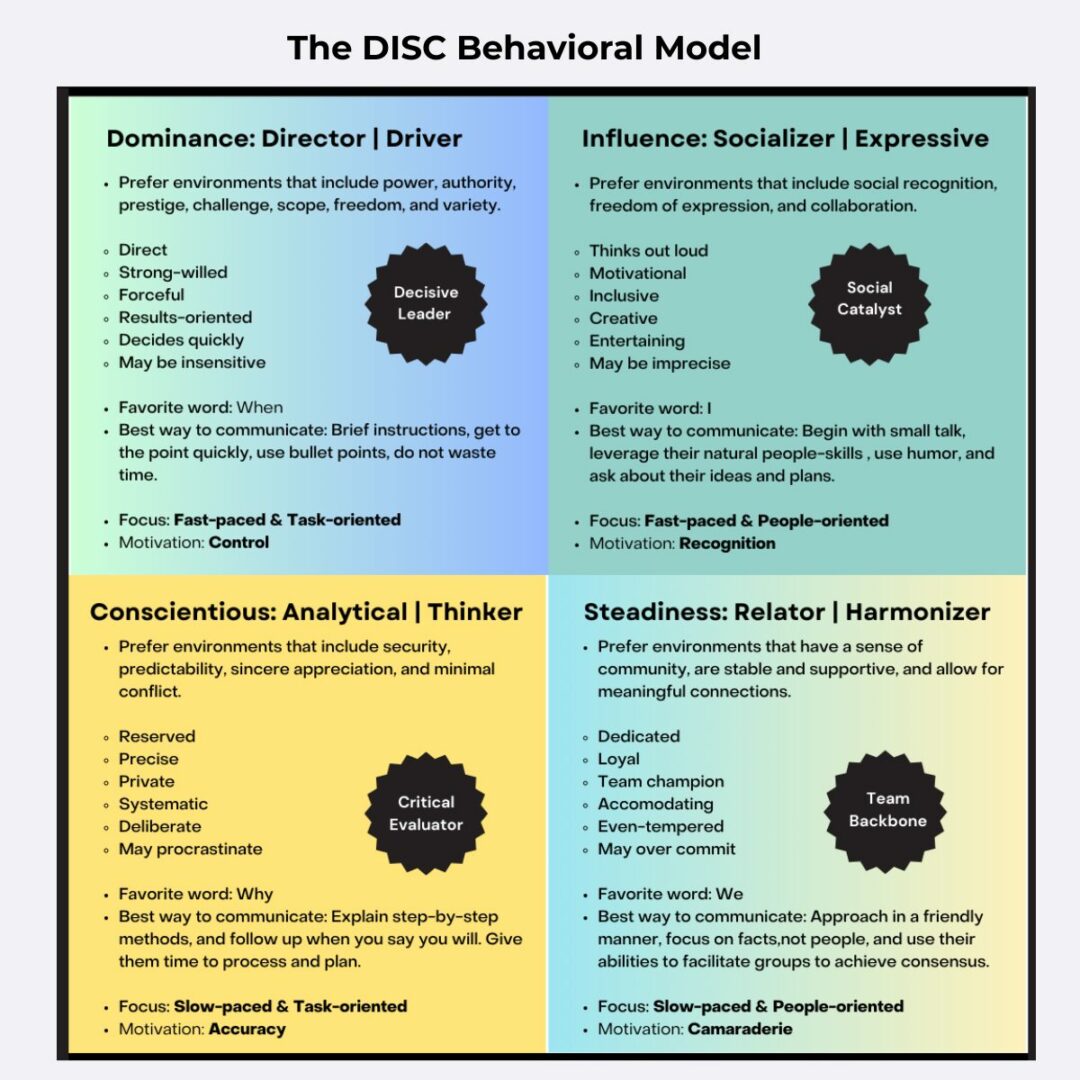
If you had to pick three qualities that are most important to develop, which three would you say matter most?
Daring to believe in myself, even when I didn’t feel ready or fully qualified, I kept showing up. I believed there was something I had to offer, even while I was still figuring out what it looked like. That belief pulled me forward more times than I can count.
Taking risks meant saying yes before I had everything figured out. It meant applying for roles that stretched me, speaking up in rooms where I wasn’t sure my voice belonged, and trying things I knew might not work, but doing them anyway. Growth doesn’t happen by playing it safe.
And keeping perspective is everything. Especially during hard seasons. When things feel overwhelming or uncertain, I’ve learned that one moment or one challenge doesn’t define my whole path. My failings as a human don’t define me either.
If you’re earlier in your journey, here’s what I’d say:
Arm yourself with knowledge. Know what you want to give to the world and go do it. Don’t wait to be perfect. Be willing to shift. Learn from the hard moments. Don’t undervalue your contribution just because it doesn’t seem as impressive as someone else’s.
You will keep growing. You’ll keep surprising yourself. And every time you show up, know that you’re building something that lasts.
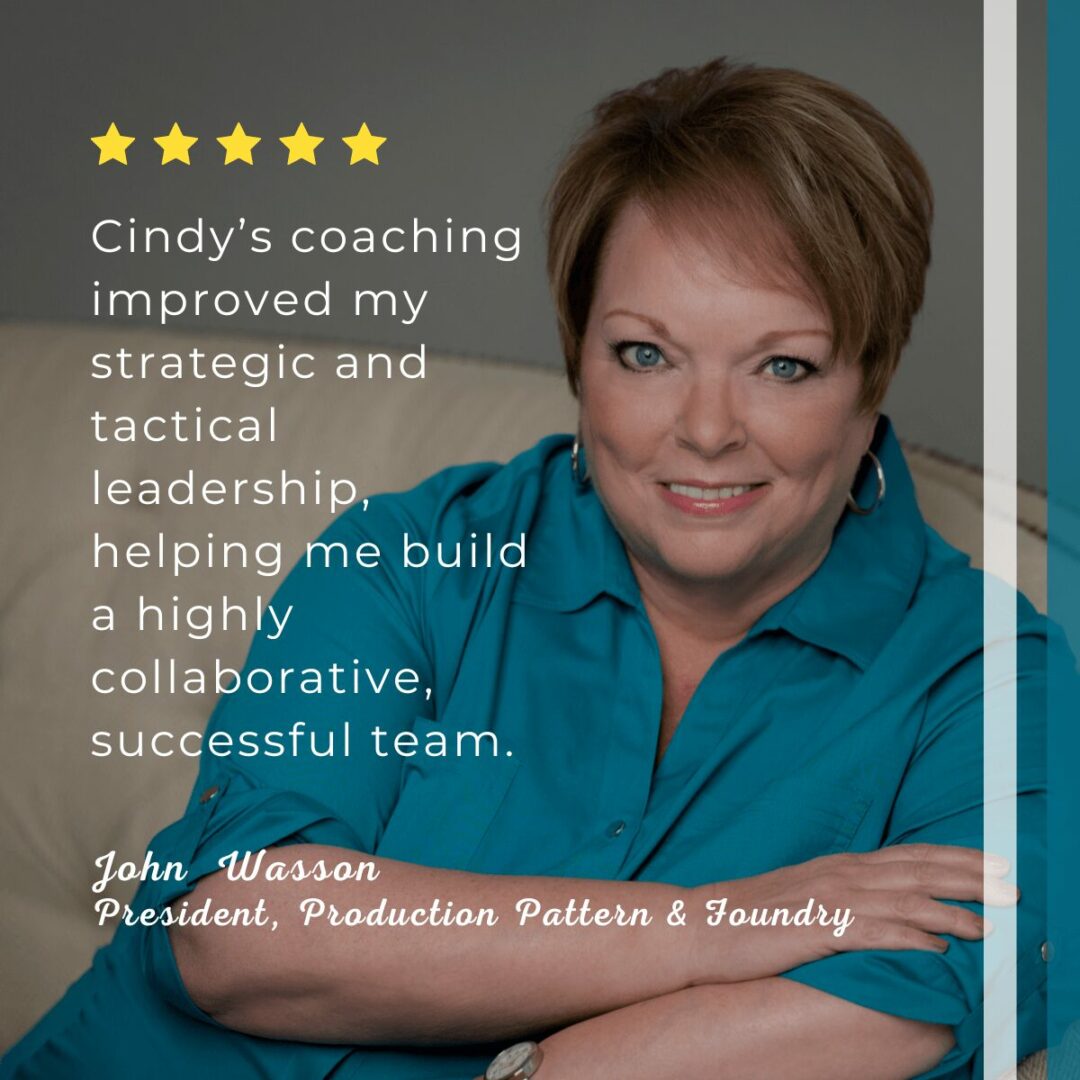
Do you think it’s better to go all in on our strengths or to try to be more well-rounded by investing effort on improving areas you aren’t as strong in?
In my experience, most people spend a lot of time thinking about where they fall short. And although there’s value in self-awareness, constantly focusing on what’s supposedly “wrong” keeps us from progressing.
Our strengths, when overused or applied in the wrong context, can actually become liabilities. For example, someone who’s decisive and moves fast can roll right over quieter voices. Or a leader who’s empathetic may have a hard time holding people accountable.
It’s about understanding how you’re wired and learning when default responses help… and when they get in the way.
I’ve seen this over and over again with clients. Once they stop trying to “fix” themselves and understand and own their approach, things shift. They communicate better. They lead with more clarity. And they stop wasting energy trying to be someone they’re not.
The real work is accepting ourselves fully, including our strengths, gaps, and patterns, and then being honest about how those aspects show up in our leadership.
Understand, adapt, evolve!
Contact Info:
- Website: https://www.leadersrise.net/
- Linkedin: https://www.linkedin.com/in/executivecoachsaunders/
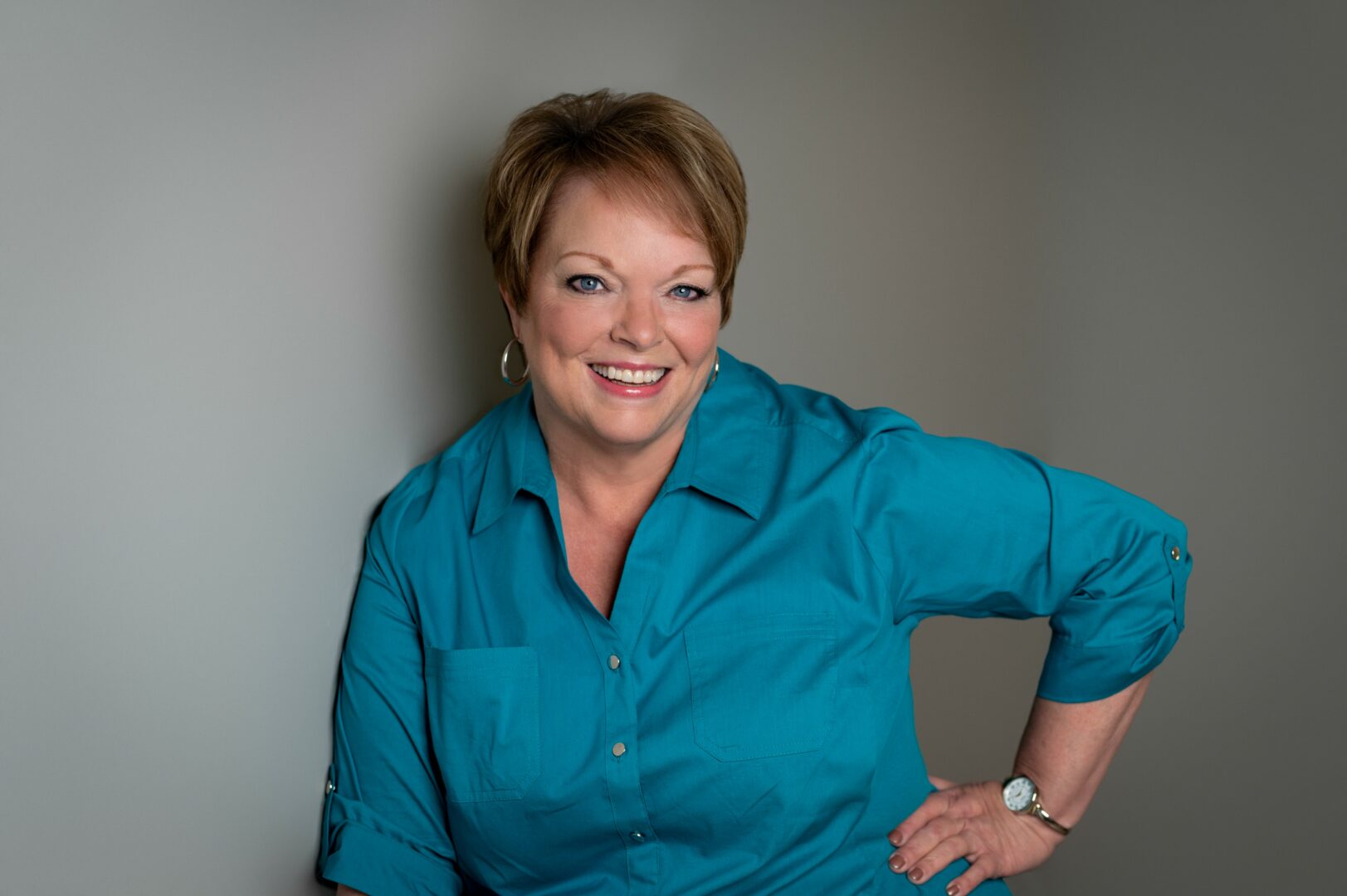
so if you or someone you know deserves recognition please let us know here.

